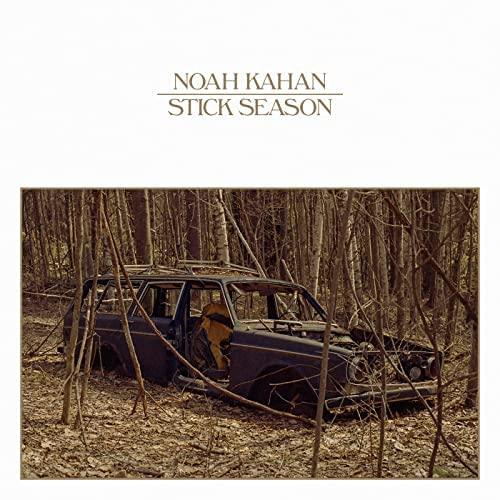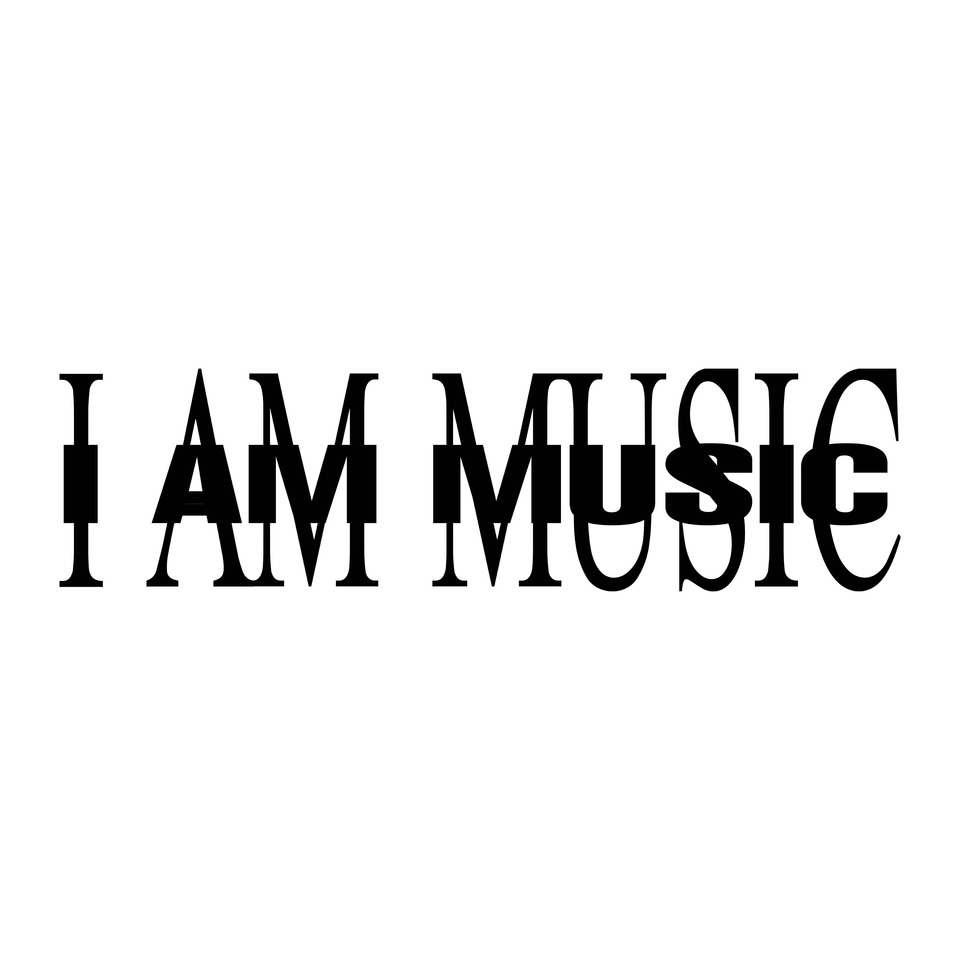‘23
Noah Kahan’s third full-released album, Stick Season, reflects the complexity and depth of feeling within the artist’s words. Kahan adds to the growing genre of popular music, one reminiscent of Hozier, Phoebe Bridgers, and The Lumineers’ blend of folk, pop, and indie. The entire album is oddly nostalgic and sentimental for anyone that shares the nuances of his lyrics and guitar strums. Drumbeats ranked the 14-track-long, October 14th released album.
14. “The View Between Villages”
While this song may be ranked last on this list, the complexity and depth of lyrical knowledge are not to be overlooked. The 3:32 long track shows a shift of style for Noah Kahan, many of his other songs follow the style of Lana Del Ray or Phoebe Bridgers, but this track is more similar to Hozier. He resounds about the calamity and peace found ‘between villages’ in the mountains of New England. Kahan sings, “I’m seventeen again. I am not scared of death. I’ve got dreams again”. This punchy, phrase style of singing gives the listeners a sense of hope through his lyrics.
13. “Come Over”
This track, while ranked low, is still one of the fan favorites on the album. “Come Over” explores the shame of possessions and insecurity in finances and wealth. Kahan sings about the “…sad house on Balch street”, which refers to the real street name in Chester, Vermont. He is insecure in his own home because it looks ‘sad’ compared to others’ homes. Then, he contradicts himself by speaking on how safe he feels in this home, “it feels like a fortress when the weather gets bad”. Kahan is commenting on the difference between a house and a home. He has an impressive ability to use a serious topic, like the Dow Jones falling or a stock market crash, to make social commentary while also creating a near-perfect melody.
12. “Still”
Arguably the most horrifically sad song on the album, “Still” is the anthem for all of those who are struggling to grieve. There are several understandings of this song, grieving a relationship or the death of a loved one. Kahan relates to these problems by singing about staring up at a “starless sky” and wondering why you are still here, without the other person. Relating to his lyrics, Kahan describes how he, “Grab[s] a past box of photos, I rip myself open”. This line provides the listeners with the situation of sitting down, watching someone’s best moments through pictures you’ve taken. He wants to stay with someone, even after they’re already gone.
11.. “Halloween”
“Halloween”, despite the cheery, fall-centered holiday title, has almost nothing to do with Halloween instead, it has to do with a lost relationship. Kahan says, “I worry for you, you worry for me, And it’s fine if we know we won’t change. I collect every dream in these old empty pockets, In hope that you’ll see ’em someday.” There is a graphic dream-like state that Kahan’s songs bring to listeners. The connotation of the ‘old empty pockets’ delivered this vision of a poor, hopefully, Southern man with denim overalls waiting for someone to return. He says how he has rid himself of the ‘wreckage’ of his person, but still the “ghost you dressed up as, Sure knows how to hunt.” This track is focused on the ghosts of Kahan’s past, the hole he’s “found [himself] stuck in”, and “the graves that [he] dug”. To add to the meaning, this song has a gentle guitar strumming baseline and a great complex layering of vocal understanding continuously throughout the music.
10. “She Calls Me Back”
There are plenty of similarities between relationships and lines. A straight intersection of two people who only met once or even a tangled web of meetings and leaves. However, through this track, Kahan highlights the relationship between two people who met at a parallel line. The tone of the songs is so hopeful it’s almost desperate for human connection. He sings, “Everything’s alright when she calls me back, she calls me back. Lost for a long time, two parallel lines.” Khan explains the difficulty and destructive nature of codependency in a relationship.
9. “Homesick”
The entire album focuses on the complex and dynamic nature of homesickness. Kahan highlights the comparison of being sick for home and sick of home, through tracks such as “Homesick”. The lyrics read, “Well, I’m tired of dirt roads, named after high school friends’ grandfathers.” The happy and sad contradiction of living in a small town, desperate to leave but terrified to move on, is presented more accurately in this anthem than any other. He refers to how all the photographs in the town are centered around a distance runner that won “Olympic Gold” and how time moves so slowly that “I feel my organs failing”. Kahan has the ability in this track to make anyone homesick for a town they’ve never visited.
8. “Stick Season”
“Stick Season” deserves a special spot on this list, as well as the list of all who listen, since it was the introduction for many to Noah Kahan. Stick season is a direct reference to the time between the peak foliage days of Halloween time and the first snowfall. Beyond the surface, this track is focused on the resolute transition between a pandemic-centered life and ‘normal’ life. Kahan says, “Doc told me to travel, but there’s COVID on the planes. And I love Vermont, but it’s the season of the sticks.” Kahan details the excuses inside his, and many others, minds. There are barriers beyond our control that prohibit us from reaching where we want to, for Kahan this goal is presented in the state of Vermont.
7. “Everywhere, Everything”
In this unique track, Kahan juxtaposes some of the slower, sadder, and–possibly–more lyrically intricate tracks spreading a happy, go-lucky love anthem. He sings, “Two bodies riddled with scars from our
pre-teens, Intertwine in a car’s dirty backseat, And stare at a drive-in screen”. This line is, by far, the most desperately sad connection seen in his music. He writes about feeling safe and secure within a relationship for the first time, after years of yearning. The chorus continues, “I wanna love you ’til we’re food for the worms to eat, ‘Til our fingers decompose”. In a very, 1996 version of Romeo and Juliet fashion, Kahan refers to the innate need to stay with someone you love until your ‘fingers decompose’. His words are both hopeful and completely heartbreaking, a comparison he has mastered.
6. “Northern Attitude”
Now coming up on some of the better-known tracks on the album, “Northern Attitude”: was released on September 16th. This song gained popularity on platforms such as Tik Tok and moved individuals to listen to the full album. While this track has fallen down this list, due to its consistent overplaying because of its surface-level popularity, it is still an ultimate fall anthem. He sings, “Forgive my northern attitude. Oh, I was raised out in the cold.” Anyone living in the Northeast knows and are used to being called cold or unwelcoming. However, Kahan’s lyrics reminds listeners that there are circumstances outside of their control that contribute to their personalities.
5. “New Perspectives”
This is the kid-who-got-out anthem of the album, he explores the duality between wanting to leave and accomplishing this goal in the 4:17 long track. There is a change in a stuck, small-town mentality within his lyrics, which read, “Ooh, this town is for the record now. The intersection has a Target, and they’re calling it downtown.” This change in the town, the Target, represents the shift in the character of Kahan’s
self-identity. The town’s never had a “Downtown” before, instead it had independent stores. He continues, “Paper bags drift wherever the wind blows, and mine’s full of receipts”. Paper bags are an allusion to the water potential and ability of those stuck in small towns across the country. However, what’s interesting is that Kahan sings, ‘mine’s full of receipts. This makes a surface-level reference to the receipts that may result from a downtown Target trip. However, on a deeper level the receipts, text messages, call logs, or photos, collected after someone hurts another.
4. “Strawberry Wine”
This track is a surprising one. I did not enjoy it on the first few listens of the album. However, after having it on repeat since its release, this song has started to grow on me. The notion of
strawberry-flavored wine is a juxtaposition within itself, between childhood and adulthood that screams adolescence. Kahan sings, “Strawberry wine, and all the time we used to have. Those things I miss but know are never coming back.” Similar to “All My Love”, Kahan details the experiences of his past through brutally honest and vulnerable lyrics. His metaphors, between nostalgic drinks like strawberry wine and orange juice and the never-ending love for another human being, have not been shown in the other albums he has written. Kahan’s musical or instrumental talent and ability are highlighted at the end of the song through guitar hymns and whistling overlays.
3. “Orange Juice”
“Orange Juice” is arguably the most meaningful track on the Stick Season album, centered around a loved one’s alcoholism. Kahan sings, “There’s orange juice in the kitchen, Bought for the children. It’s yours if you want it. We’re just glad you could visit.” The opinion of this pained young man is tangible in such a childish, nostalgic way. This idea is shown since orange juice is a child’s drink, one that reminds you of a cold glass on a warm day, but the connection relates to problems with alcohol. “Orange Juice” is a story about someone’s world moving forward without them, while they are in recovery from alcoholism, the complete opposite of the known child’s drink. The last verse of the track brings a newfound energy, seen through head-bobbing listeners, to the heartbreaking lyrics.
2. “Growing Sideways”
“Growing Sideways” is a tale of pain, trauma, and healing that reveals the sensitive, vulnerable reality of Kahan’s life. He sings, “So I took my medication and I poured my trauma out, On some sad-eyed middle-aged man’s overpriced new leather couch.” The insinuation of his traumatic past and difficult present is relatable for all listeners who have struggled with mental health. Throughout all of Kahan’s songs, the motif of cars is a shared metaphor for past experiences. In Growing Sideways, the lyrics read,
“Oh, if my engine works perfectly on empty, I guess I’ll drive.” This is an ode to all of the tired, burnt-out kids that are so used to the continuous struggle for perfection that they continue, even without any drive.
1. “All My Love”
This is the song that I continuously play time and time again in the car, in my room, or through a pair of Airpods. “All My Love” is a deceptively playful track about love and grief in a relationship. Kahan sings about a high school relationship, “We’d shake the frame of your car. Now I know your name, But not who you are.” The lyrics are painfully realistic and speak to how change is a positive attribute, and that someone can still be happy for another without truly knowing them. Kahan sings, “There ain’t a drop of bad blood,” highlighting the ability to love and cherish someone even after they have moved on. Kahan shows his emotional maturity through this choice to love someone for who they are independent, not who they are when you’re with them.
Noah Kahan is a new musical artist that truly is ushering in a new age of popular music. His use of social media platforms to promote his music dictates how much popularity he has gained in the past
months. Listeners are drawn to his music because it feels real, relatable, and hopeful. This album, especially, has a unique ability to provide a nostalgic and growth-centered feeling to those who have never seen snow or visited the Northeast. Kahan will continue to be an artist on the rise, one everyone should listen to as new music is set to come in the near future.








